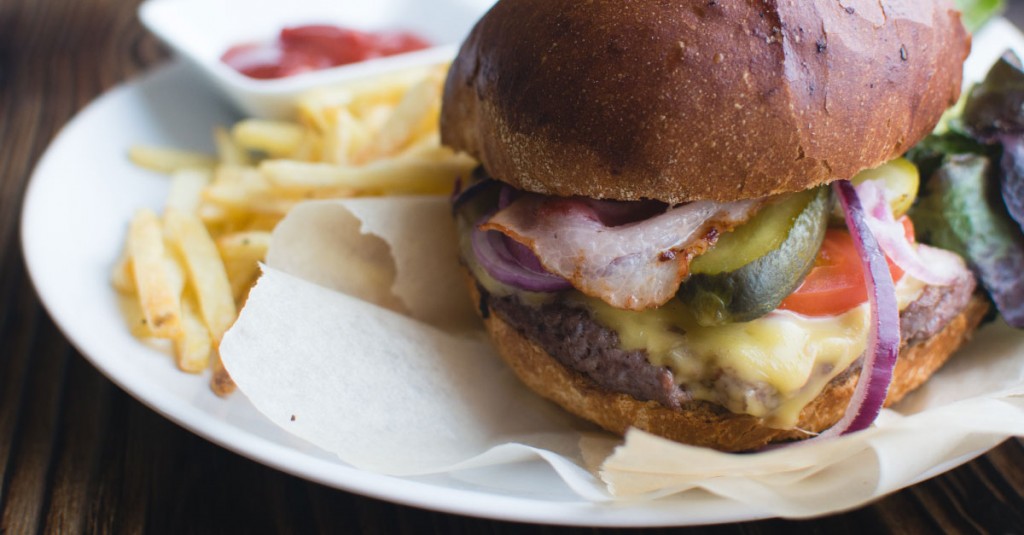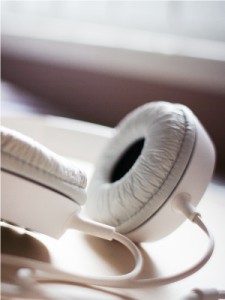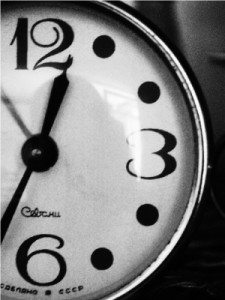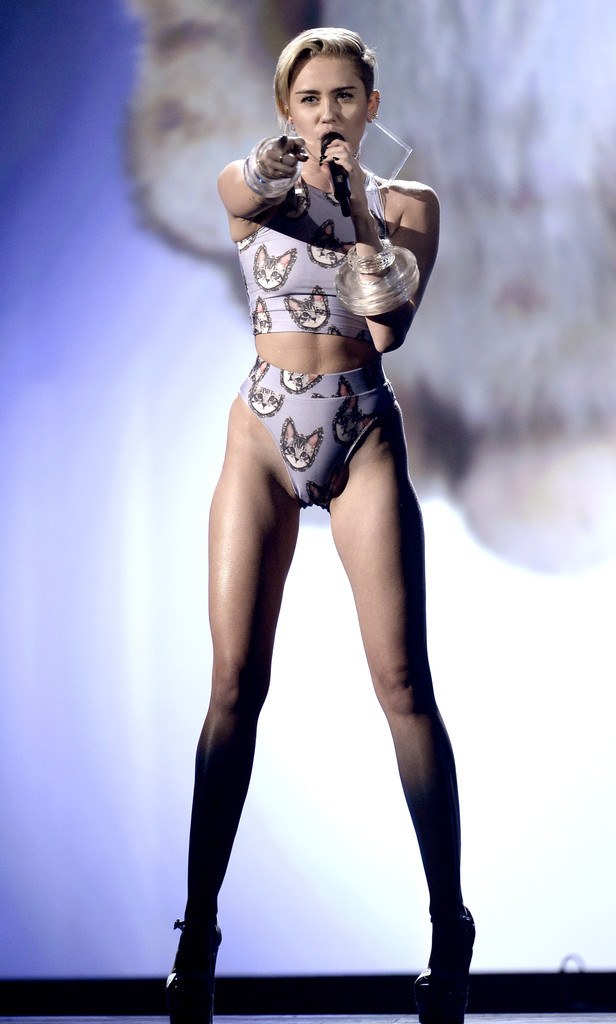I hate to cook. I don’t know why, it’s just not my thing. Because of this, it’s easy for me to make really bad decisions when it comes time to make a meal. I have spent a lot of money ordering food, or eating things that are not good, both for me and taste-wise.
The thing is… my bad food decisions cause me a lot of shame and unhappiness (that’s what makes them bad). There’s moment when I literally give up on trying to make myself real food, and instead choose something random that’s at hand: peanut butter and jelly sandwiches, cereal, some frozen meal I’d have to dig out of the freezer. There have even been days I have chosen to eat nothing because I can’t deal with even making a bad choice.
In an effort to ensure that there’s always easy food available to me, I got into dump dinners. Dump dinners are a bunch of meals you make ahead, all at the same time, then freeze and cook as needed. In theory, they were great; I would buy a bunch of food on a Sunday, make a whole bunch of meals for the next 2 weeks in one go, and then didn’t have to worry about it.
In practice, the meals were… not great. The main reason was probably because I am not the audience for most of the recipes I found. They are almost exclusively geared towards cash-strapped moms who have more limited food choices than I do living in the Bay Area. They leaned very heavily on ingredients that were high in sodium and sugar, which is not my jam (but is easy to get at any supermarket). They also tended to be repetitive – every set of recipes included beef stroganoff, taco soup, and orange glazed something. Eating the same meals every week are also not my jam. Just FYI.
So I started branching out. This week, I tried out some one dish/pan meals, and some low-key pasta meals. And let me tell you… they were OFF THE CHAIN! I didn’t really make any of them ahead, but I definitely could have. For the most part, they were so easy and fast, it was not that big of a deal for me to make them when I got home from work.
Here’s a list of my favs, for you to use when you’re tired, stressed, too hungry to function, or just not in a cooking mood. All of these are also great if you want to impress someone but are not good at cooking, or if you are just trying to be frugal.
One thing I will mention is that these are not terribly vegan or gluten-free friendly. Some may translate easily, but others are literally just meat with bread on it, so…. sorry! I will keep my eye out for not-so-meaty-gluteny meals.
And if you really want to feel like you have you sh*t together, I recommend cleaning your kitchen as you cook, and cleaning your dishes as soon as you’re done with them. No need to do a deep clean; I usually just clean up what I used to cook as I go (waiting for the water to boil? put away the cutting board! food’s cooking for 15? wash the mixing bowl!), and then clear off the countertops. Combine this with not leaving dirty dishes in the sink, and you will feel super accomplished and on top of everything!
This recipe is GREAT because it uses those ramen noodles you get at the store, which means there’s no time spent making regular pasta. Pasta and sauce is literally the easiest thing to make, and it requires almost no energy, but when I am super hungry and tired, thinking about how long it takes to boil water and the whole shebang instantly crosses pasta off my list.
This recipe cooks up in minutes, and while it does need a bit of babysitting to stir it and stuff, it’s minimal. It also tastes fancy, like something you’d get at an upscale Italian restaurant where the menus aren’t in english.
Don’t be scared by the crockpot bit… you do not need a crockpot to make this. Instead, preheat the oven to 450, and cook it for about 30-40 minutes (I set a timer for 15, then 20, and gave it a couple extra minutes).
This recipe can also be made ahead, because it’s literally just some chicken, taco seasoning, and canned stuff dumped together. I let this sit overnight to marinate, but you could make it right away or freeze it for a day you’re like NO WAY JOSE to making dinner. If you make it without defrosting, it will take longer to cook, just FYI.Also, this recipe was amazing as leftovers. I don’t know why! It just was.
I LOVE THIS RECIPE. It’s a little more involved than I would normally suggest, but, 1. you can totally make this ahead – just make the breaded chicken and add the beans & tomatoes when you actually cook everything, and 2. it’s so good!!!!!
This recipe is also great because almost all the ingredients for it are kitchen staples, so if you keep them handy, you can always make this and feel like a fancy, age-appropriate person!
Again, do not let the way this recipe looks scare you. I swear, it will be over before you know it, and you will be eating tasty, filling pasta with bacon in mere minutes.
I am not crazy for turkey bacon, so I did not use it, and the recipe turned out ok, so use whatever you have. Like the recipe above this one, this is also something that uses basic staples, so if you have most or all of this stuff on hand, you can always have this. Yay!
I almost never have all the ingredients needed when I want to make one of these, you might! Or you could go out and buy them and be ready for when the craving strikes.
Oh man… I actually think I could make this brownie in a cup! Maybe I will go try it.

 1. Go somewhere else
1. Go somewhere else 2. Cut the internet cord (not literally, though)
2. Cut the internet cord (not literally, though) 3. Get rid of ALL distractions
3. Get rid of ALL distractions 4. Train yourself to focus
4. Train yourself to focus 5. Just do 5 minutes
5. Just do 5 minutes




